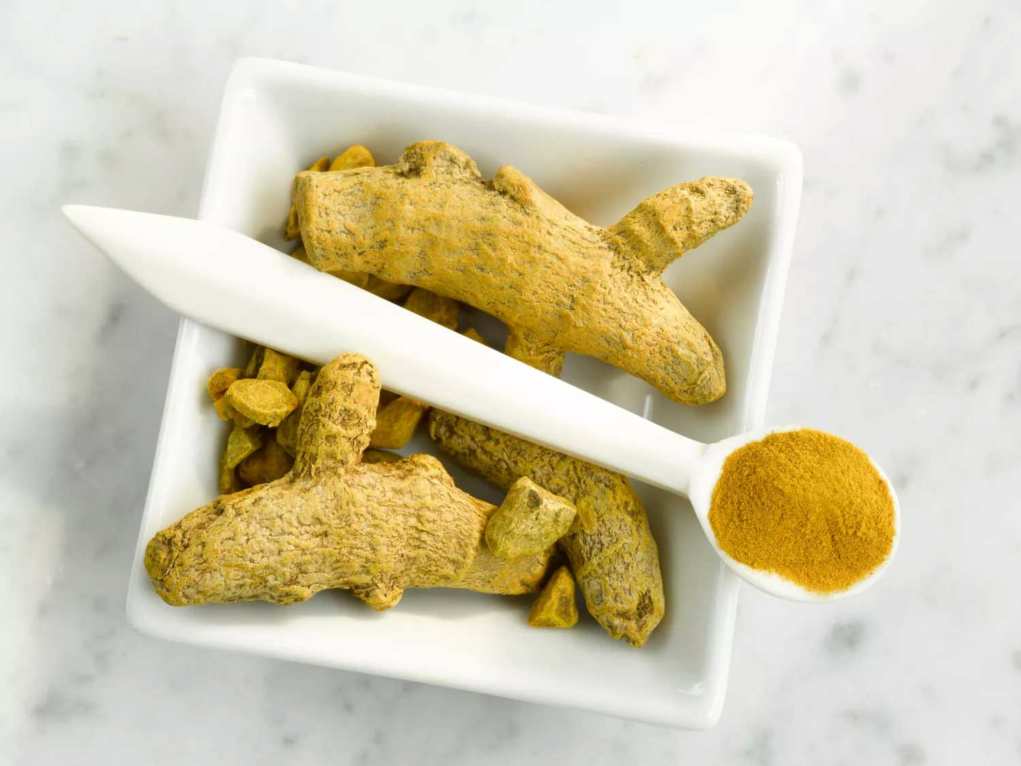
Many proponents of herbal medicine suggest using herbs to enhance the health of your liver, an organ responsible for clearing toxins from your body. Indeed, some research shows that certain herbs may help fight liver disorders like cirrhosis (scarring of the liver) or infections like hepatitis B and hepatitis C (causes of liver inflammation).1
Here’s a look at several herbs that show promise as a natural means of boosting liver health.
Milk Thistle
Milk thistle may benefit people with cirrhosis of the liver, according to a report published in 2001.2 Analyzing five clinical trials (with a total of 602 cirrhosis patients), researchers determined that treatment with milk thistle could lead to a significant reduction in liver-related mortality.
A 2005 research review looked at several clinical trials testing milk thistle in the treatment of hepatitis B and C.3 Although the authors found no evidence that milk thistle can help clear any type of hepatitis virus, some research suggests that milk thistle may help curb inflammation associated with hepatitis C and protect liver cells from damage.
Turmeric
Preliminary research indicates that turmeric may be useful in the treatment of hepatitis B and hepatitis C. In a 2009 study on liver cells, for instance, scientists discovered that turmeric extract helped stop the hepatitis B virus from replicating.4
A test-tube study published in 2010, meanwhile, demonstrated that turmeric extract might help suppress the replication of the hepatitis C virus.5
Burdock
Burdock (an herb often used as a natural detox remedy) may help shield liver cells from acetaminophen-induced damage, according to an animal study published in 2000.6 In tests on mice, scientists found that antioxidants in burdock may lessen the harmful effects of toxic substances formed from the metabolism of acetaminophen.
Other animal-based research suggests that burdock may also help protect the liver from damage caused by alcohol consumption.
Using Herbs for Liver Conditions
Given the lack of clinical trials to support their use, neither turmeric nor burdock can currently be recommended for the treatment of any type of liver disease. Since the scientific support for milk thistle’s liver-protecting effects is also limited, it’s also too soon to recommend this herb as a principal treatment for liver problems.
To enhance your liver health every day, the American Liver Foundation encourages following a healthy diet, exercising regularly, maintaining a healthy weight, limiting your alcohol intake, keeping your cholesterol in check, and washing your hands frequently (in order to prevent infection).
Always remember that animal research results cannot automatically be applied to humans. If you’re considering the use of herbs for liver health, make sure to consult your physician before beginning treatment.
Sources:
- Latief U, Ahmad R. Herbal remedies for liver fibrosis: A review on the mode of action of fifty herbs. J Tradit Complement Med. 2018;8(3):352-360. doi:10.1016/j.jtcme.2017.07.002
- Saller R, Meier R, Brignoli R. The use of silymarin in the treatment of liver diseases. Drugs. 2001;61(14):2035-63. doi:10.2165/00003495-200161140-00003
- Mayer KE, Myers RP, Lee SS. Silymarin treatment of viral hepatitis: a systematic review. J Viral Hepat. 2005;12(6):559-67. doi:10.1111/j.1365-2893.2005.00636.x
- Kim HJ, Yoo HS, Kim JC, et al. Antiviral effect of Curcuma longa Linn extract against hepatitis B virus replication. J Ethnopharmacol. 2009;124(2):189-96. doi:10.1016/j.jep.2009.04.046
- Kim K, Kim KH, Kim HY, Cho HK, Sakamoto N, Cheong J. Curcumin inhibits hepatitis C virus replication via suppressing the Akt-SREBP-1 pathway. FEBS Lett. 2010;584(4):707-12. doi:10.1016/j.febslet.2009.12.019
- Lin SC, Chung TC, Lin CC, et al. Hepatoprotective effects of Arctium lappa on carbon tetrachloride- and acetaminophen-induced liver damage. Am J Chin Med. 2000;28(2):163-73. doi:10.1142/S0192415X00000210
Important Notice: This article was originally published at www.verywellhealth.com by Cathy Wong where all credits are due.
Disclaimer
The watching, interacting, and participation of any kind with anything on this page does not constitute or initiate a doctor-patient relationship with Dr. Farrah®. None of the statements here have been evaluated by the Food and Drug Administration (FDA). The products of Dr. Farrah® are not intended to diagnose, treat, cure, or prevent any disease. The information being provided should only be considered for education and entertainment purposes only. If you feel that anything you see or hear may be of value to you on this page or on any other medium of any kind associated with, showing, or quoting anything relating to Dr. Farrah® in any way at any time, you are encouraged to and agree to consult with a licensed healthcare professional in your area to discuss it. If you feel that you’re having a healthcare emergency, seek medical attention immediately. The views expressed here are simply either the views and opinions of Dr. Farrah® or others appearing and are protected under the first amendment.
Dr. Farrah® is a highly experienced Licensed Medical Doctor certified in evidence-based clinical nutrition, not some enthusiast, formulator, or medium promoting the wild and unrestrained use of nutrition products for health issues without clinical experience and scientific evidence of therapeutic benefit. Dr. Farrah® has personally and keenly studied everything she recommends, and more importantly, she’s closely observed the reactions and results in a clinical setting countless times over the course of her career involving the treatment of over 150,000 patients.
Dr. Farrah® promotes evidence-based natural approaches to health, which means integrating her individual scientific and clinical expertise with the best available external clinical evidence from systematic research. By individual clinical expertise, I refer to the proficiency and judgment that individual clinicians acquire through clinical experience and clinical practice.
Dr. Farrah® does not make any representation or warranties with respect to the accuracy, applicability, fitness, or completeness of any multimedia content provided. Dr. Farrah® does not warrant the performance, effectiveness, or applicability of any sites listed, linked, or referenced to, in, or by any multimedia content.
To be clear, the multimedia content is not intended to be a substitute for professional medical advice, diagnosis, or treatment. Always seek the advice of your physician or other qualified health providers with any questions you may have regarding a medical condition. Never disregard professional medical advice or delay in seeking it because of something you have read or seen in any website, video, image, or media of any kind. Dr. Farrah® hereby disclaims any and all liability to any party for any direct, indirect, implied, punitive, special, incidental, or other consequential damages arising directly or indirectly from any use of the content, which is provided as is, and without warranties.








